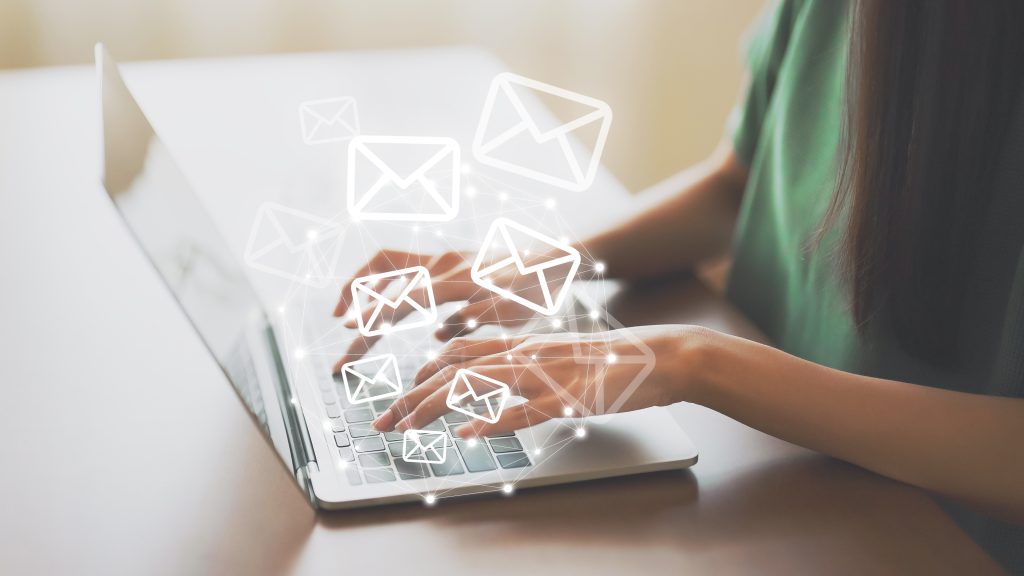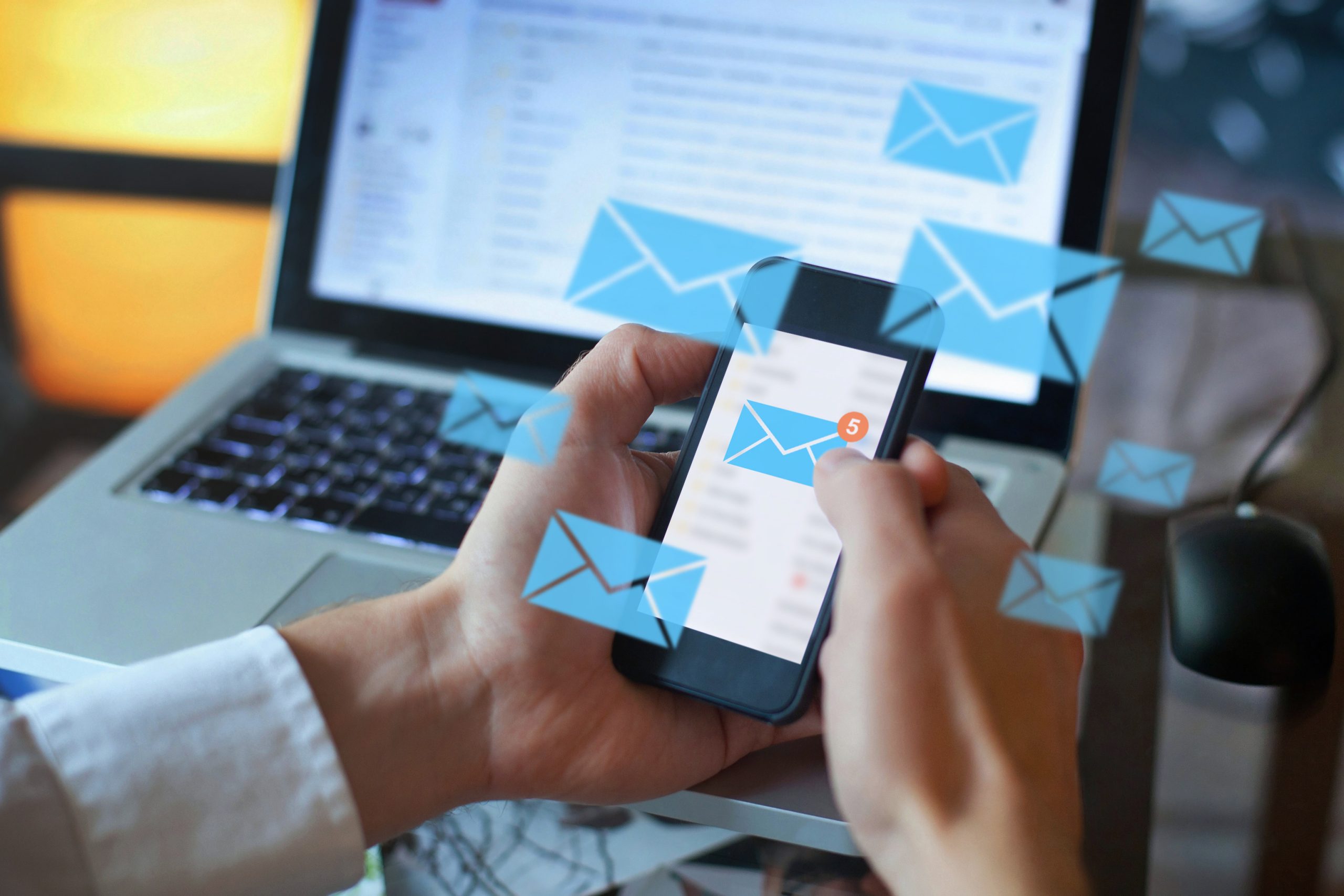9 Ways Email Can Improve Your Productivity
Many high-functioning career people have a go-to productivity strategy or time management technique. Are you wondering how to start one for yourself? Before diving into the complicated, high-commitment ones, you can amp up your productivity, starting with your emails.
Email checking is a time-consuming and sometimes mentally draining task, but ignoring or postponing is also not an option. We’ve rounded up some of the ways emails can increase your overall productivity. Here are our top nine:
- Maximize Your Email
Are there tasks and processes on your list that can be done through email instead? Optimize your workflow by using your email wherever possible. One example is faxing. To better protect extremely confidential correspondents and put your mind at rest, you can send fax by email. This way, you won’t have to deal with clunky hardware or risk exposing your addressee’s privacy and confidential information. Users who fax by email can send and receive documents on almost all platforms and devices immediately.
- Schedule Emails Ahead
Depriving yourself of sleep because you have to send a mail is an extreme sport on a good or bad day. Conveniently, scheduling emails in your free time can help you execute such time-sensitive tasks. You probably deal with overseas clients, but time zone differences should cause you no extra trouble. With mail scheduling options, you can send time-sensitive emails, such as reports, to these clients without stressing or losing sleep.

- Draw Attention With Email Subjects
Get more done by utilizing attention-grabbing email subject lines to shorten the time between execution and feedback. Your subject line should include a summary of the body text. You can quickly start the response chain by drawing the receiver’s attention to the subject line in this manner.
- Compose Brief Emails
Sending long emails slows the sender and the receiver down in executing or addressing information. Eliminate long writing hours and longer feedback hours by writing concise emails. Use headings, bullets, and figures for clarity and emphasize the portions that need to stand out if you have to compose a longer email. When making a request, try to use colors, underlines, or bold text to make it easy to locate. Spend less time writing emails and allocate more time to other tasks.
- Use Emails For Checks And Balances
Keep yourself in check by sending emails periodically to remind you of your to-dos for that day or week. Such emails can be simple reminders of tasks you must have accomplished or upcoming things you should prioritize. Such emails can also be documents containing words of affirmation that would boost your morale. Whichever the case might be, it is an excellent method to check and balance yourself to ensure you are the most productive version of yourself.
- Take Meeting Minutes On Your Email
While at a meeting, take down the meeting minutes directly in a blank email template and proceed to type. Instead of postponing the minute compilation for later, edit the notes and proceed to disseminate them to all parties involved. Just like that, a once strenuous task would be completed on the spot, freeing up space for other chores.
- Don’t Rely On Auto-Responses
You can be doing more harm than good with auto-responses. At first glance, it could appear as if you are efficiently handling your incoming messages. However, you are making your workload bigger and sending the sender more spam. No matter what, one or more emails may slip your notice. Or the response time might take much longer because you feel the initial automated response would buy you time. Whichever the case, you will most likely find yourself struggling to respond.
- Tackle Emails In Bunches
Manage email during less busy hours rather than peak hours, when it should be business as usual. All day, you can allocate several precise times to managing your emails. As opposed to answering emails as they come in, handle them in batches, be it once a day or periodically. Set aside particular times to read, respond, or delete emails.
Once you get to tackling the emails, start with the oldest and work your way up. Make sure to act after opening an email. You can respond to it, archive it, delete it, or add it to your checklist. By utilizing this technique, you can avoid putting things off while adopting a more practical, less time-consuming, and sustainable approach to managing your emails.
- Clear Out Your Inbox Everyday
Lastly, make an effort to empty your inbox. An overflowing inbox indicates that something will eventually fall between the cracks. Clearing up your inbox by the end of each workday leaves you all set for the next day. This method will allow you to start your new day with fewer emails to tackle and more time for significant tasks.
Conclusion
By applying the above tips, you can gradually cultivate a new email management culture that would assist in optimizing output and reducing overall stress. Even if you only get to introduce a few of these tips at a time, trying is what is most important.







